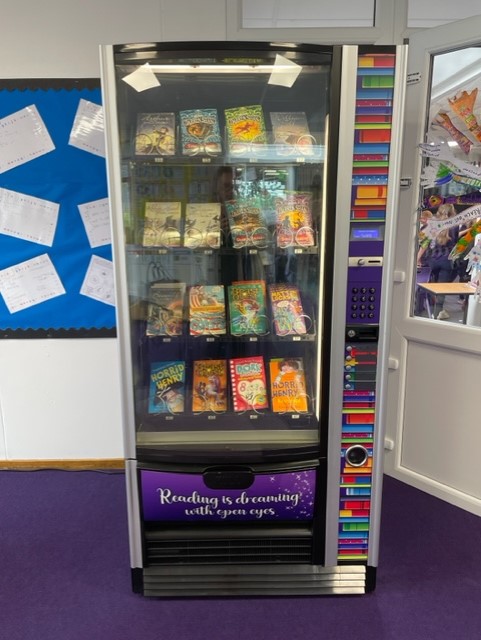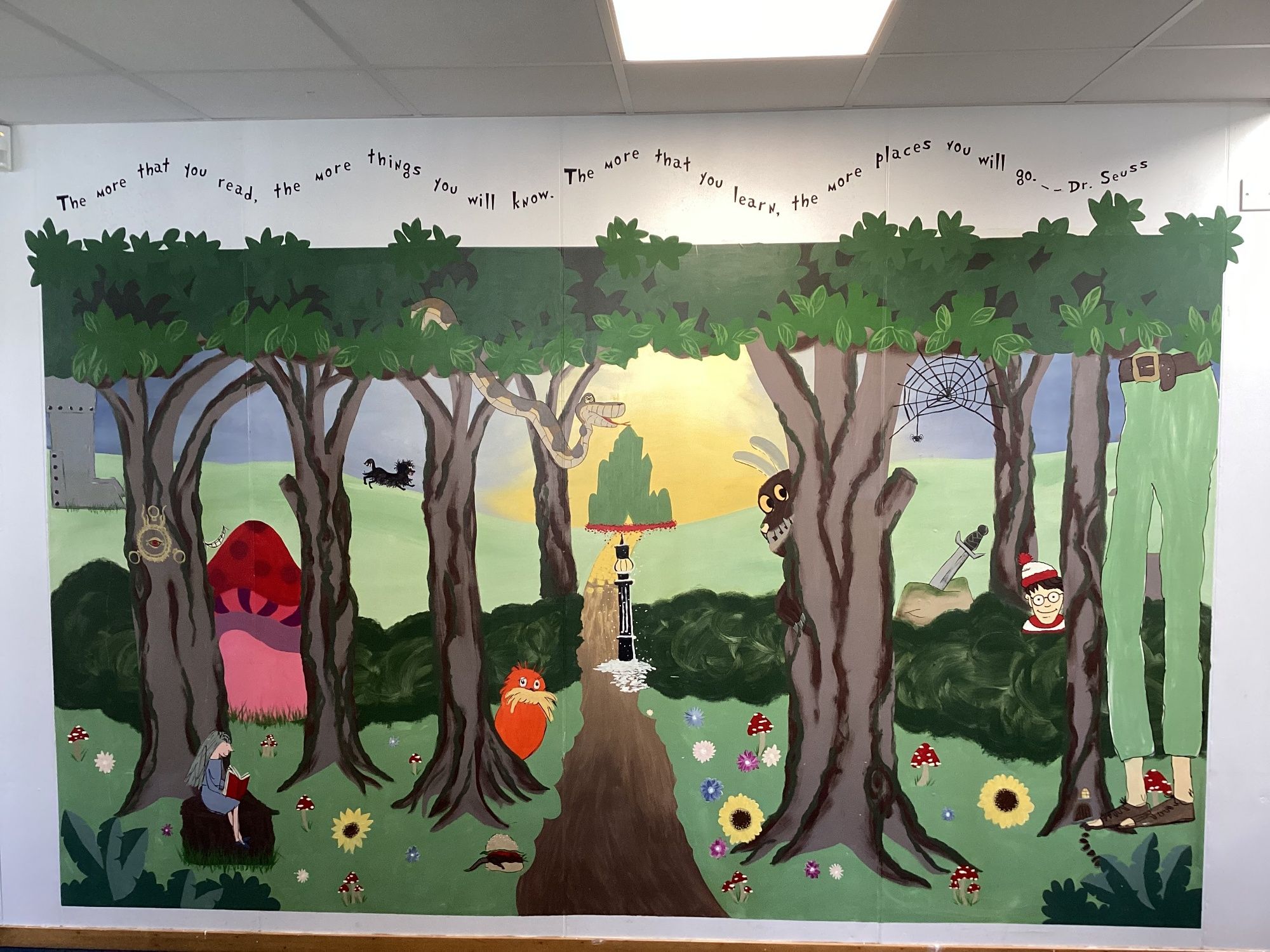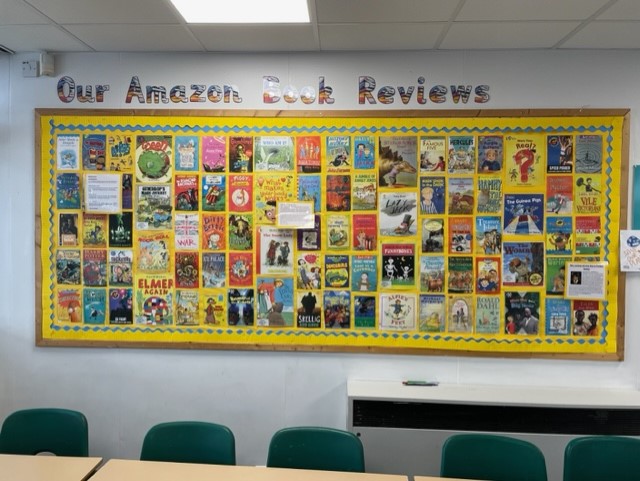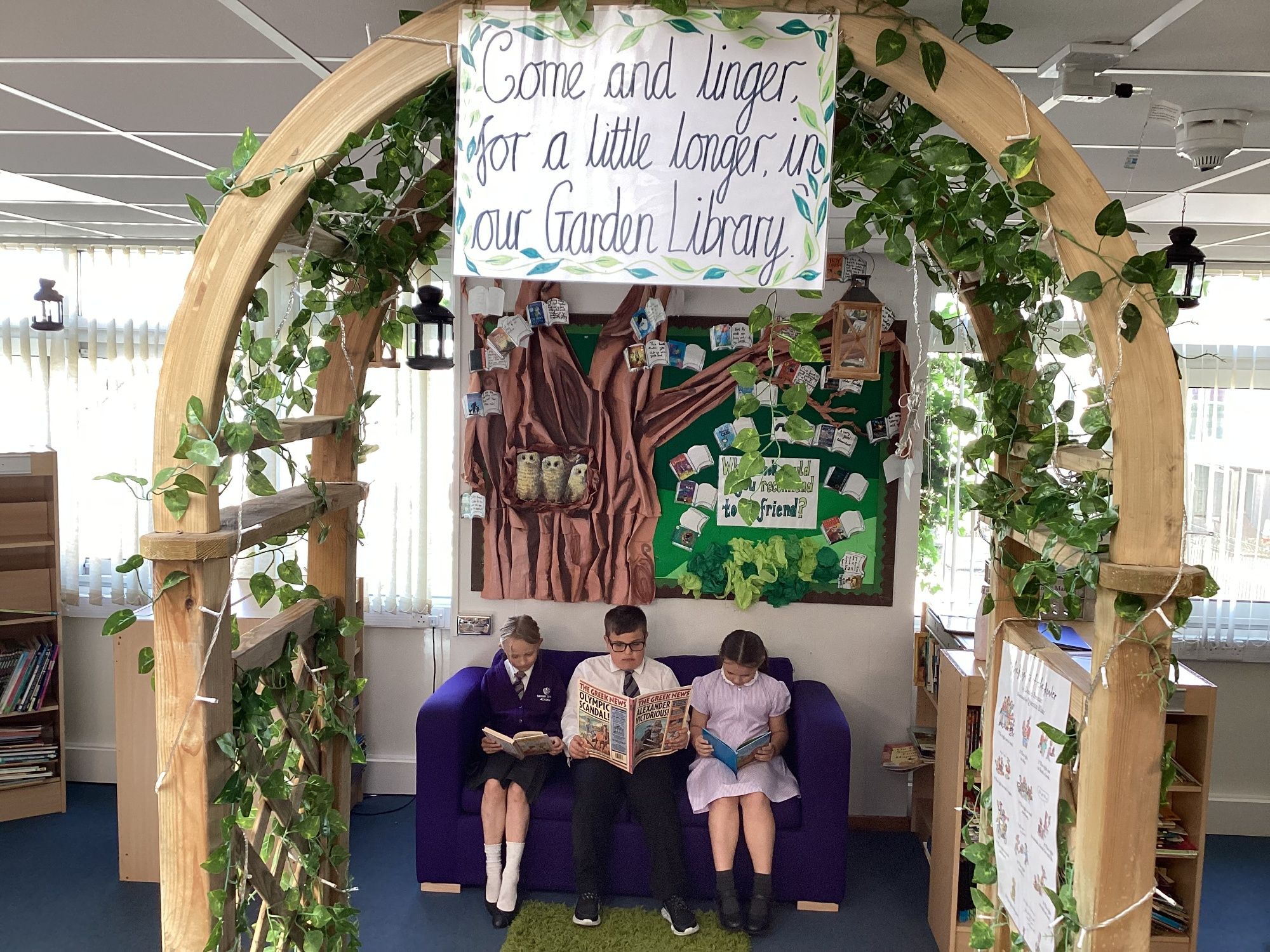English
Subject Intent
Here at Skegby Junior Academy, we believe that our quality English curriculum will develop our children’s love of reading, writing and discussion. We have a rigorous and well organised English curriculum that provides many purposeful opportunities for reading, writing and discussion. We have created a curriculum that encourages pupils to become enthusiastic and engaged with English. We want our children to have a positive attitude towards communication and to be able to independently express their emotions and their ideas. We recognise the importance of nurturing a culture where children love to read, take pride in their writing and can clearly and accurately adapt their language and style for a range of contexts. Through our English curriculum, we strive to teach the children how important their reading, writing, speaking and listening skills will be in their future life, after their time at Skegby Junior Academy.
National Curriculum Aims for English
The overarching aim for English in the national curriculum is to promote high standards of language and literacy by equipping pupils with a strong command of the spoken and written word, and to develop their love of literature through widespread reading for enjoyment. The national curriculum for English aims to ensure that all pupils:
- read easily, fluently and with good understanding
- develop the habit of reading widely and often, for both pleasure and information
- acquire a wide vocabulary, an understanding of grammar and knowledge of linguistic conventions for reading, writing and spoken language
- appreciate our rich and varied literary heritage
- write clearly, accurately and coherently, adapting their language and style in and for a range of contexts, purposes and audiences.
- use discussion in order to learn; they should be able to elaborate and explain clearly their understanding and ideas
- are competent in the arts of speaking and listening, making formal presentations, demonstrating to others and participating in debate.
 Subject Implementation
Subject Implementation
Our English lessons develop pupils’ spoken language, reading, writing and grammar and vocabulary. English is taught in a cross-curricular way, linking up with current topics and other areas of the curriculum. We teach our pupils to speak clearly, to convey their ideas fluently and confidently and to ask questions. Their vocabulary is developed systematically. Our pupils are encouraged to read for pleasure and to read widely.
Guided reading sessions cover both fiction and non-fiction books. Each week there is a whole class text as a focus and the reading content domains are taught through think aloud clouds and comprehension activities. Guided reading therefore develops both the ability to read and comprehension skills. Parents are given clear expectations about reading at home and class teachers monitor this weekly. Speed reading is implemented throughout the school to support those who need to develop the pace of their reading. To encourage and develop a love of reading, for daily dash, the teacher prepares a question, linking to the reading domains about their class novel before reading more together.
We develop writing skills so that our pupils have the stamina and ability to write at the age expected standard. To support children in moving towards becoming fluent, independent writers, we use short burst writing as and when necessary. In these lessons, we provide a wide range of activities including use of film, imagery and music to then model, share and guide writing through peer editing and discussion. We identify gaps of learning which are then immediately addressed in the following lesson in order to ensure progress occurs. We use talk for writing to encourage pupils to express their ideas, exchange ideas and to develop more sophisticated vocabulary. We provide opportunities for writing for purpose and we encourage pupils to see themselves as authors. We promote the status of written work by providing opportunities for children’s writing to be published and read by real audiences.
Discrete handwriting lessons are taught in lower Key Stage Two and in Upper Key Stage Two, handwriting sessions are incorporated into the English lessons.
A range of extra activities are used to promote literacy within the school including World Book Day and author visits.
National Curriculum English Programmes of Study:

Drama
Drama is used as a key tool in developing oral skills, vocabulary development, building confidence and self- esteem, and as an essential tool in developing imaginative, expressive, and persuasive spoken and written language. ‘Hot seating’, and ‘response in role’ drama techniques are used in literacy lessons aid the development of speaking and listening, reading and writing skills. Our curriculum provides opportunities to perform to wider audiences through assemblies, productions and events around key festivals. There are increasing opportunities for our pupils to perform as they progress through the school.

